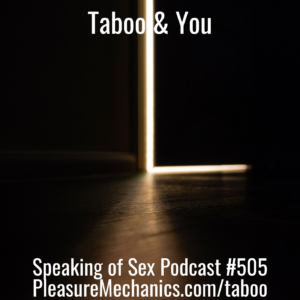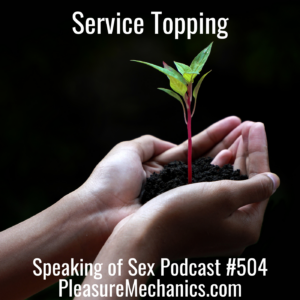Podcast: Play in new window | Download

Primal play is a realm many of us crave, but rarely talk about. What does it mean to “go primal” or “become primal” or “play primal” like so many of us say we want? What do we really crave when we talk about primal play? In this episode, we dive into the wild realm of primal erotic expression and share strategies for giving ourselves permission to get more free.
Thanks To Our Episode Sponsors:
- Feeling dry or out of balance? Try Soaking Wet probiotic supplements & use the code PLEASURE for 20% off
- Our favorite leather toys for primal play come from Agreeable Agony – our favorites include the beginner rope set, cute pourable pitchers of warm wax, and this beautiful customizable flogger! Use the code PLEASURE_MECHANICS for a 5% discount on your whole order!

